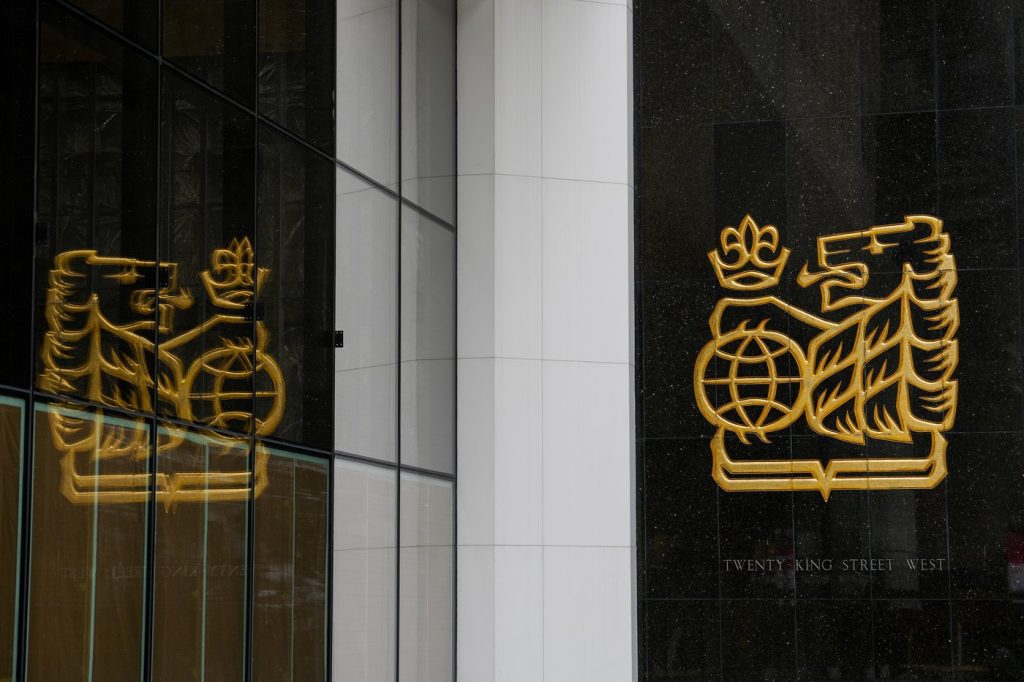TORONTO During the Royal Bank of Canada's first investor day since June 2018, CEO Dave McKay acknowledged potential short-term challenges that may lead to performance below expectations. Despite these challenges, he expressed confidence in the bank's readiness to navigate the current economic uncertainties. McKay noted that RBC has begun to observe signs of softening in some of its business sectors.
At the event, McKay highlighted the presence of competing macroeconomic forces affecting the Canadian economy. "On one hand, you have lower interest rates in Canada to stimulate investments across asset classes," he stated. "However, this is being offset to a degree by increasing uncertainty created by tariffs and the impact they are having on business and jobs." His remarks come amid ongoing trade tensions, particularly with U.S. President Donald Trump's threats to impose tariffs on several imported goods from Canada.
In response to the U.S. actions, Canada has retaliated with its own tariffs on American products while also seeking to enhance intra-provincial trade. McKay mentioned that the sentiment among commercial clients has weakened, as businesses in specific sectors are postponing investments until the effects of tariffs on their operations become clearer.
Despite the challenges, McKay urged unity across Canada to pursue a long-term economic agenda focused on enhancing competition and fostering prosperity. "What is not uncertain, though, is our belief in Canada and its potential in the medium and long term," he stated. He pointed out that Canada possesses a unique opportunity to address significant issues that have hindered progress in the past.
McKay emphasized the need for Canada to eliminate barriers to growth and productivity, expedite the approval of energy and infrastructure projects, and support the development of homegrown talent. He framed these efforts as essential to building a more prosperous economic future for the country.
The backdrop of McKay's remarks included President Trump signing an executive order imposing 25% tariffs on auto imports to the U.S., effective the following week. This policy further complicates the already intertwined cross-border automotive industry, leading to confusion. The White House has indicated that automobiles imported under the Canada-U.S.-Mexico Agreement (CUSMA) will only incur tariffs based on the value of components not manufactured in the U.S.
The new tariffs target not only complete vehicles but also specific auto parts like engines and transmissions. The implications of these tariffs remain uncertain, as the U.S. continues to determine how to apply them to components covered under trade agreements. Additionally, Trump has suggested that reciprocal tariffs will be introduced in the near future, aligning U.S. import fees with those charged by other countries.
Earlier this month, the U.S. imposed broad tariffs on Canadian goods, only to partially suspend them days later. This continued back-and-forth underscores the precarious nature of U.S.-Canada trade relations. Moreover, Trump's administration has already instituted 25% tariffs on all steel and aluminum imports from Canada, further straining economic dynamics between the two nations.
This analysis highlights the intricate landscape facing the Royal Bank of Canada and the broader Canadian economy amidst fluctuating trade relations and economic uncertainty. As McKay pointed out, while immediate hurdles may exist, the overarching potential for growth and prosperity within Canada remains steadfast.










